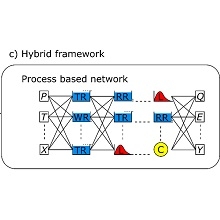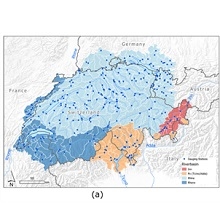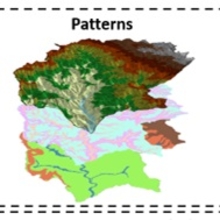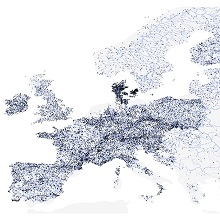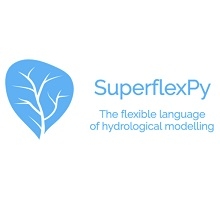Department Systems Analysis, Integrated Assessment and Modelling
Hydrological Modelling
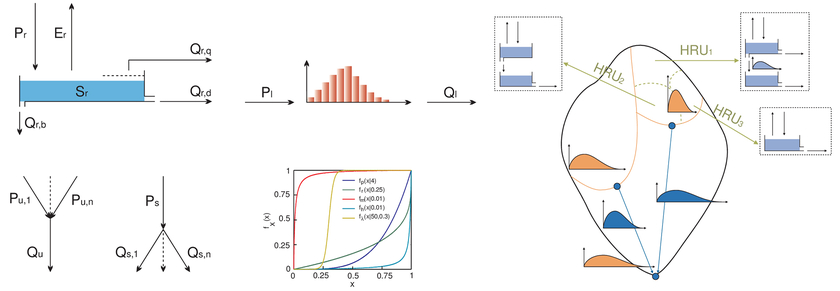
The hydrological modelling group focuses on these main areas of application:
1. Hydrological Modelling Frameworks: We aim to develop modeling frameworks for simulating hydrological and water chemistry processes that can be adapted to a variety of case studies and research objectives in catchment hydrology.
2. Model development and application strategies: We recognize the importance of a systematic and efficient approach to model building. To this end, we are developing methods to guide the model building process, allowing for better model selection, calibration, and validation.
3. Catchment scale theories: Through model applications, we strive to uncover the fundamental principles governing catchment hydrology, such as the mechanisms driving streamflow generation and water chemistry.
4. Large sample hydrology data sets: We are active in developing open-source, large sample datasets that can support hydrological science and modeling.
Through these initiatives, we aim to advance hydrological science and provide valuable tools for researchers and practitioners to address water resource challenges.




